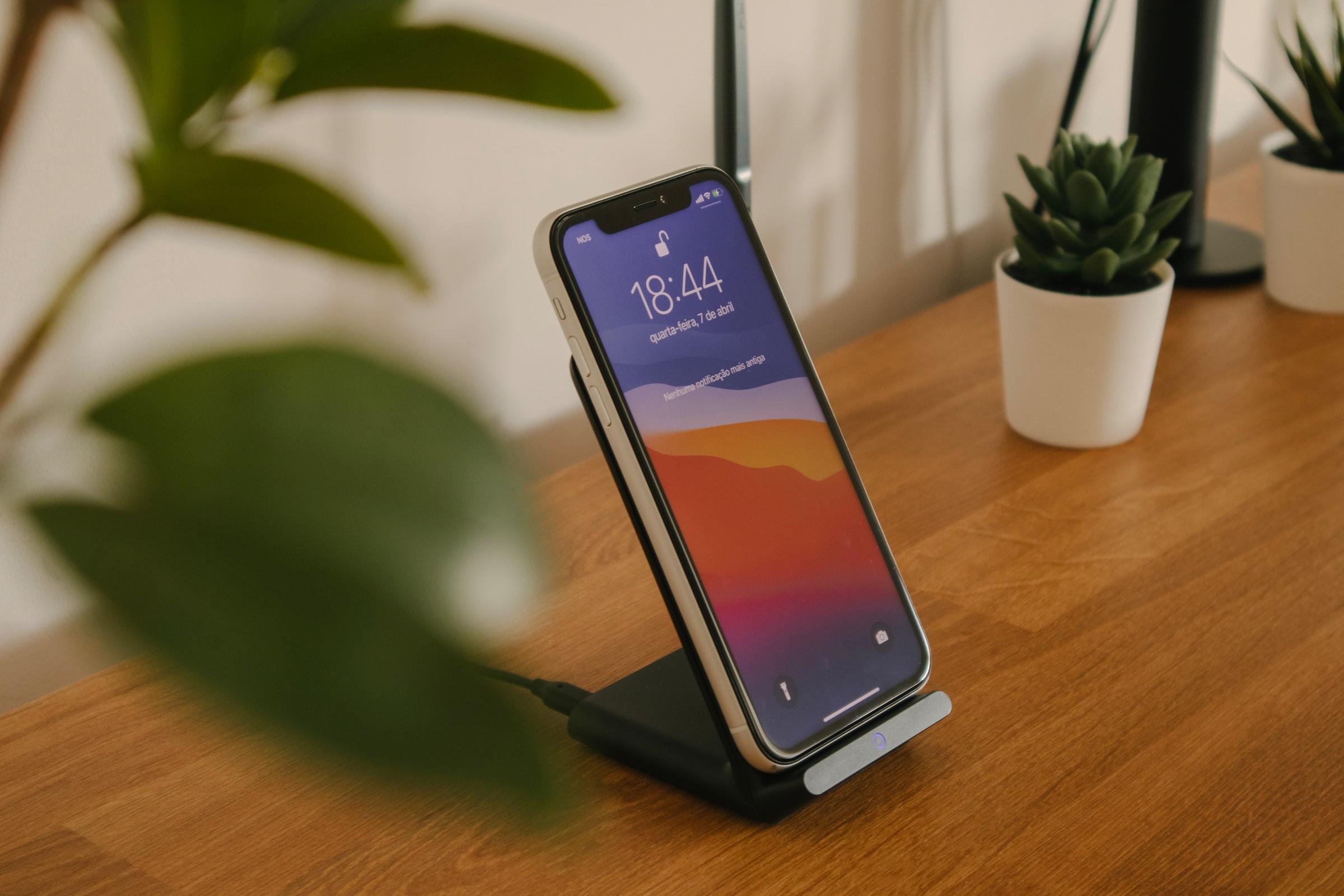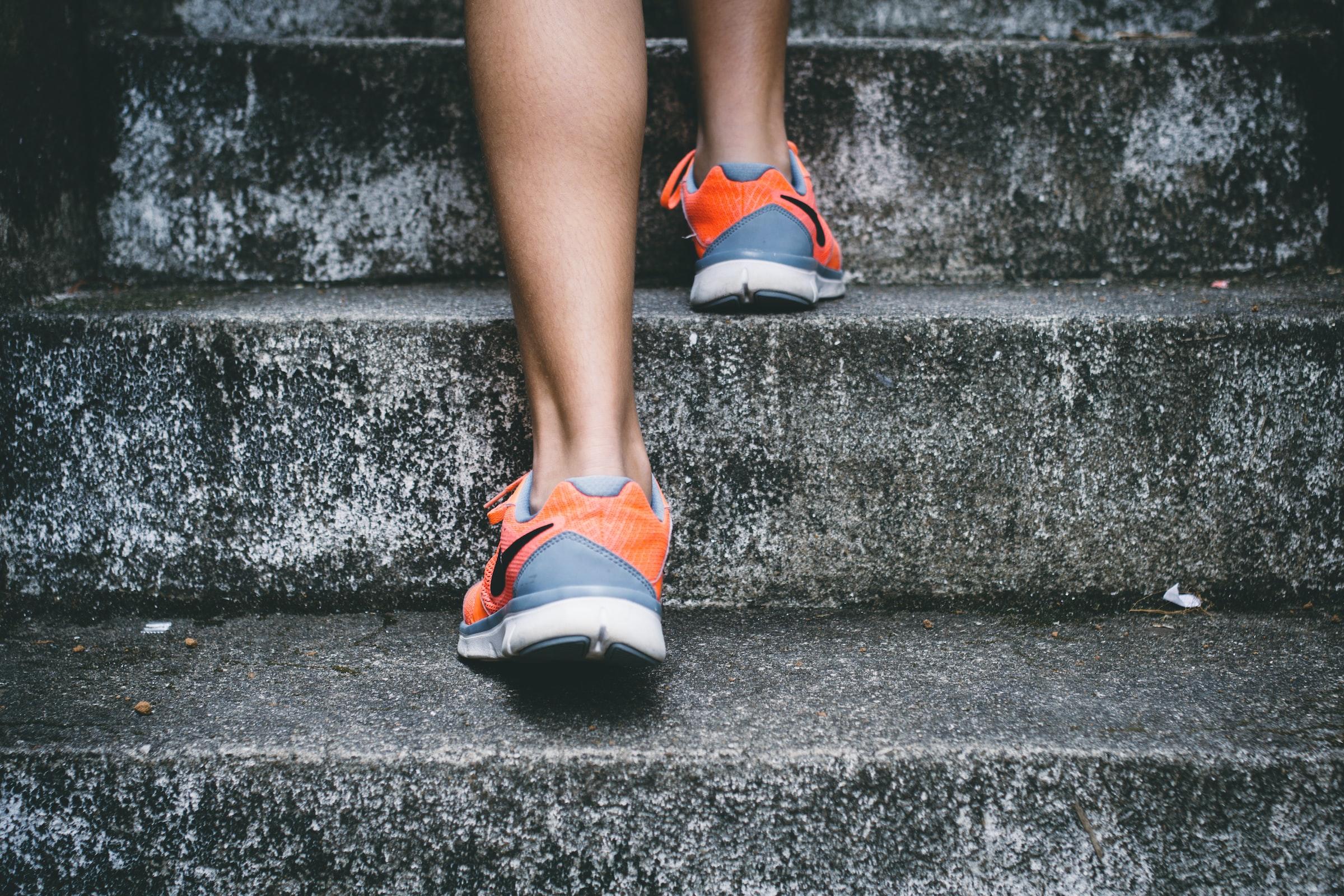Chapters
"The only place where success comes before work is the dictionary."
-Vidal Sassoon
Success is the result of really trying to become better and do more. It's impossible to succeed at work or school without putting an earnest effort forward; which means studying is a prerequisite. Nonetheless, I haven't met anyone that actively enjoys studying yet it's something that all of us need to do.
There are certain times throughout life when we need to study more than others. For example, university days are filled with many nights at the library and weekends studying instead of having fun with friends. Thankfully, there are moments throughout the year when students have something known as study leave.
Without further delay, in today's article, we'll analyse what study leave is and what are the top suggestions to make the most of it. Let's get learning!

What is Study Leave?
In the UK, it’s nearly studying leave season again. Tis' the time when diligent pupils are to be found at their desks revising for the all-important exams. Of course, that’s what it should be like in theory but, in reality, pupils could just as easily be found binge-watching their favourite shows, hanging out with their friends or snoozing the days away. While no one can be productive when they have their noses in a book for hours on end, good use of the time can make a massive difference to the exam results.
But, what exactly is study leave? It's worth stating that the simplest definition of study leave is: time off from regular school given to students to study for exams. Study leave is for students at the primary, secondary, and university levels.
In and around the United Kingdom, study leave starts a week or two before the beginning of exams. For example in the year 2021, schools were advised by the government to start study leave fourteen days before the beginning of exams.
But, what are the most helpful tips and tricks to prepare for study leave? Let's take a look at the following subheading.
What are the Most Helpful Tips for Study Leave?
For parents with children, it can be quite difficult to prepare for study leave and determine what needs to be done. There's a lot of planning for both the student and their parents since both parties want to succeed yet might not know the optimal ways to prepare for success.
So, without further delay, let's consider some helpful suggestions for study leave that will benefit all types of students.
Feed Your Body
Little do many people know that good nutrition is essential for exam success. So, it's important to have a diet of plenty of good healthy food that will release energy slowly. Try to reduce the amount of sugary instant-high-type snacks and drinks on hand such as soda, candy, and extremely salty things.
Students often think that fuelling themselves on cola is a good idea, but their brains will work better on more nutritious stuff. The brain is the head of operations; so feed it well, and you'll study like a champ!
Make a Plan
Staying organised is of the utmost importance. Therefore, parents and educators should suggest drawing up a study timetable that includes both exam revision and reasonable relaxation time and moments for other activities. When there's the promise of a break and a fun activity, study sessions for young students tend to be much more productive. For example, hour-long spurts of concentration followed by a break are about the best thing you can do.
Take a look at online resources that have templates of schedules and plans that you can rely on.
Remove Distractions

Distractions are like poison to productivity. Distractions such as electronic gadgets zap strong moments of getting things done. Therefore, take all non-study gadgets such as phones, iPods, and TVs away during study time. Even for young children, the temptation to check in online might be too much; therefore, as a parent, you might have to consider extreme measures such as turning your wifi off during these times.
A Little Exercise

While it may seem a bit unconventional to some, before settling down to study, warm up with a little physical exercise. It will make the body more relaxed and invite a rush of oxygen to your brain that will increase productivity and make study sessions count.
Practice the Exam
Is it possible to practice for an exam that you've never seen or done before? Absolutely. In the UK, most examination boards post "past papers" or previous examinations on their websites and these can be studied at a time most convenient for you. Also, it's worth stating that The BBC Bite Size website has interactive games to test your child’s knowledge.
Be Purposeful
Don't study without a purpose. Think constantly about the end goal: a great result on your exam. Having a purpose keeps you motivated and has you constantly looking towards the goal. For instance, good results on a test at a secondary school level might be the key to a certain career or further education centre. Also, goals will help to keep your child focused on what they are doing.
Stay Equipped
What does staying equipped mean? Well, rather than just making the best with the few things you have, it's highly recommended to make sure your student/child has all the books and notes they need. Also, might be a great idea to stock up on pens, highlighters, and cards for study notes; everything that makes the process of studying more tempting.
Keep Calm and Carry On
Say it with me again: Keep Calm and Carry On!
We've heard this quote everywhere in recent years on home decor pieces in memes. However, it's quite a helpful statement for kids and teens during study leave. For example, parents will want to make sure home life is as calm and pleasant as possible during the study period. Be aware that your son or daughter might feel under pressure and on edge during this time so added compassion and understanding are required
Don’t Nag
While parents want their kids to make the most of their time during study leave, constantly pressuring them won’t help. It will only lead to tension and arguments that will not do any good for all parties involved. So, don't be a nag!
Show an Active Interest
While you don't want to be a nag, it's still highly recommended to show an active interest in your child. Therefore, show your child you’re interested in what they are doing and praise them for their hard work and perseverance; this will go over especially well if they are having struggles already.
Start Earlier Rather Than Later

One of the biggest pitfalls is underestimating the amount of material there is to learn and leaving it to the last moment. Procrastination is far too common and many students prefer that method. So, try not to cram and remember that getting a headstart will save you from a wide variety of worries.
Work to Your Strengths
Take some time to analyse the strengths and weaknesses of your child, teachers might be able to assist teachers with this. Find out which learning technique works best for your child and capitalise on them. They may do better with note-taking, cue cards, watching videos, reading, mindmaps, recording the topic and playing it back repeatedly, etc; we're all unique. The important part is finding what works for you!
In conclusion, we sincerely hope that all of these suggestions will provide you with the necessary guidance to succeed during your study leave right before exams. We wish you all the best!











NICE ARTICLE.KEEP UP THE GOOD WORK.THANKS